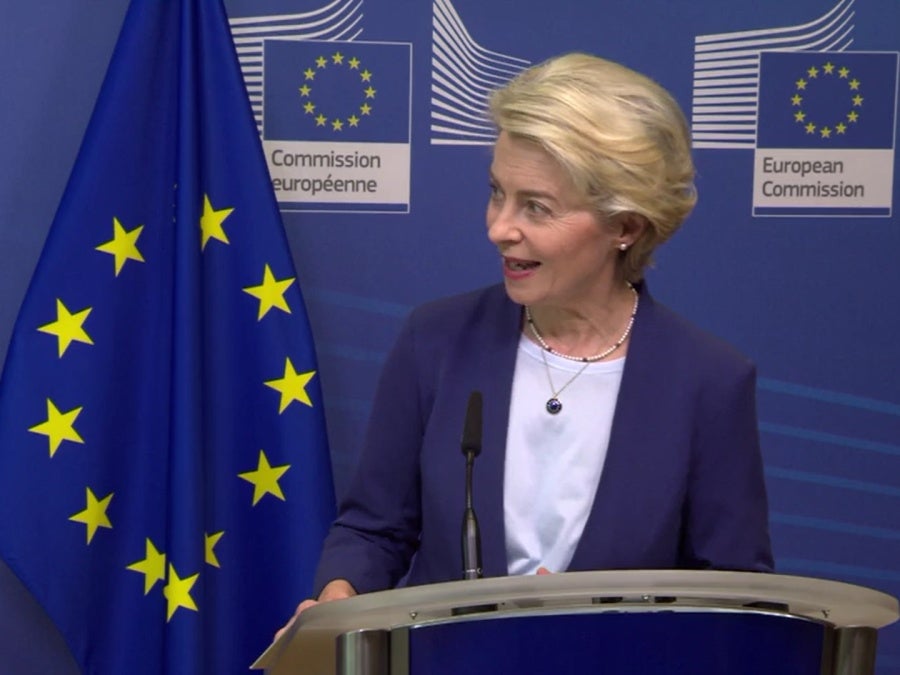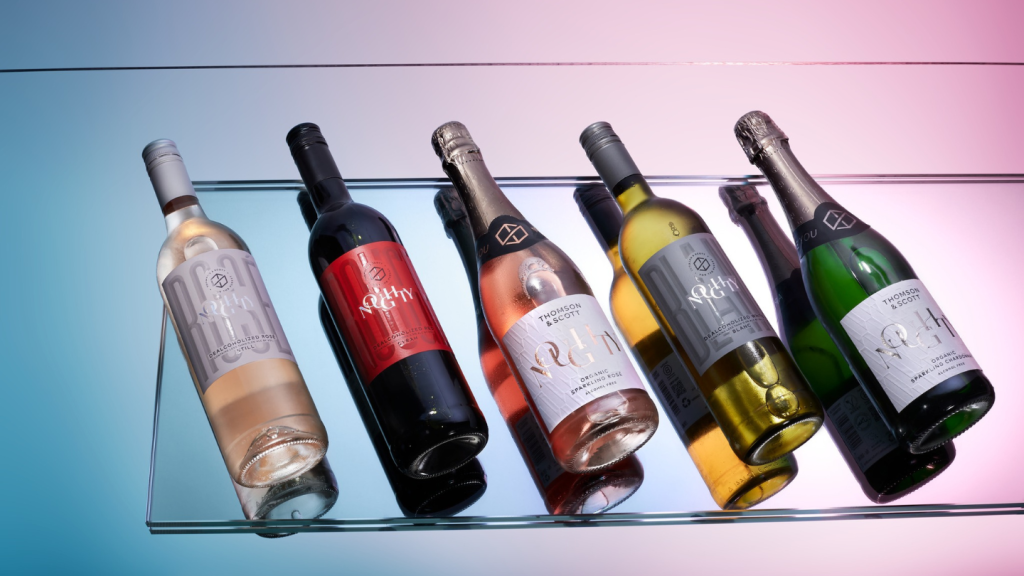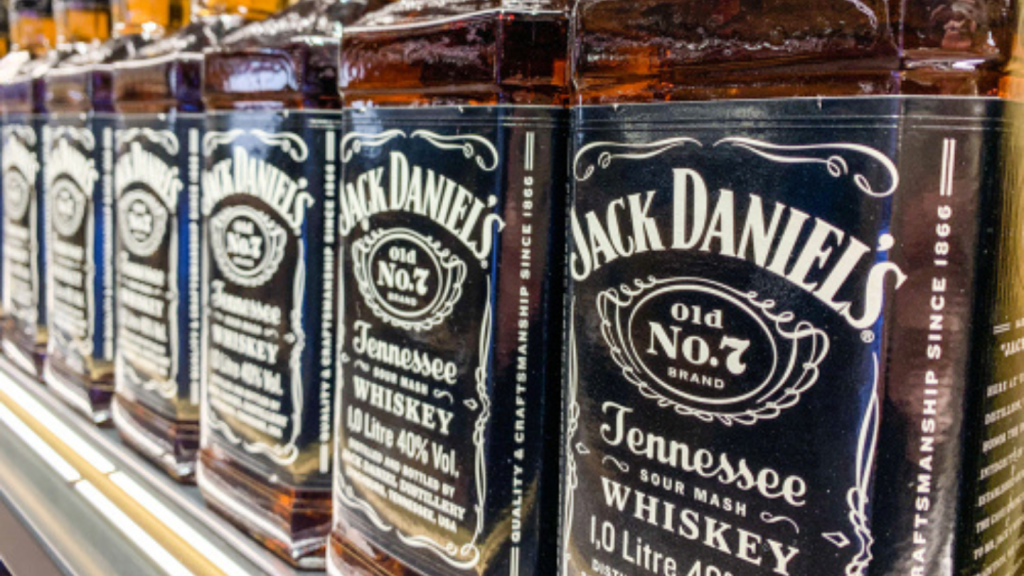
Thousands of beverages with EU geographical indications will be protected in New Zealand by a free-trade agreement (FTA) signed yesterday (9 July), the European Commission has said.
Under the deal, close to 2,000 beverage names, including Prosecco, Polish Vodka, Champagne, Tokaji and Rioja, will be protected when the deal comes into effect. In the food category, 169 of the “most renowned traditional EU products”, including feta and Comté cheese, will also be protected.
The deal, negotiations for which have ongoing since mid-2018, will see tariffs axed “as of day one” on EU exports including wine, spirits, chocolate and pig meat.
The protection of geographical indications was an “essential outcome” of the deal for the EU.
New Zealand, meanwhile, has protected existing wine GIs including Marlborough and Central Otago.
In a statement released yesterday, the Commission also said the agreement would shield “EU producers of sensitive agricultural products” from unfair competition created by the “liberalisation of trade”.
How well do you really know your competitors?
Access the most comprehensive Company Profiles on the market, powered by GlobalData. Save hours of research. Gain competitive edge.

Thank you!
Your download email will arrive shortly
Not ready to buy yet? Download a free sample
We are confident about the unique quality of our Company Profiles. However, we want you to make the most beneficial decision for your business, so we offer a free sample that you can download by submitting the below form
By GlobalDataZero or lower tariffs will be “limited” for New Zealand importers of ethanol as well as dairy products, beef and sheep meat, and sweetcorn. For these sectors, producers will be restricted by so-called tariff rate quotas.
By 2035, the New Zealand government estimates its exports to the EU will increase by up to NZ$1.8bn ($1.1bn) per year.
In total, it expects to save NZ$110m per year in tariff savings once the deal is fully implemented – including a NZ$5.5m saving on wine.
Last year the EU trademark office signed a deal under the FTA to protect sparkling wines from being sold in New Zealand under the label of Prosecco.
Producers trading in New Zealand must cease using the term Prosecco on their products within the next five years. In the interim period, a clear indication of geographical origin must be given by any product trading using the term.
In Australia, the name is still permitted, but a long-standing battle between domestic and Italian producers continues.
In Italy, meanwhile, Prosecco producers are beginning to shed the name altogether, feeling its value has been diluted.







